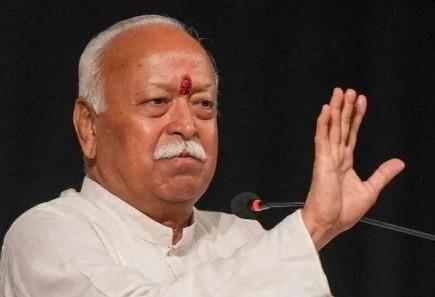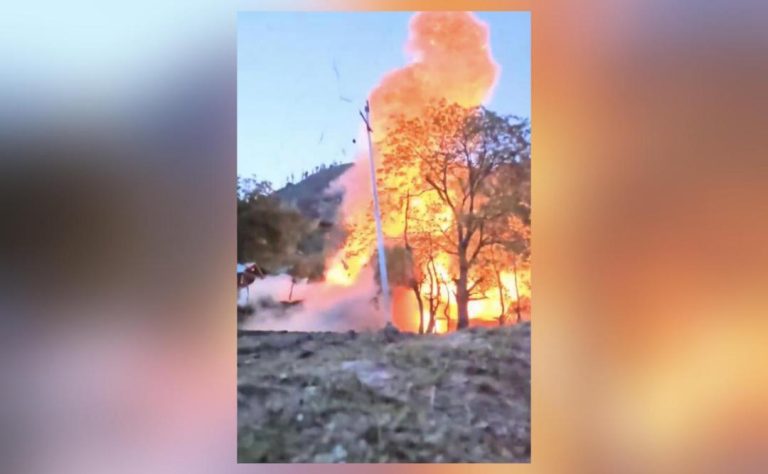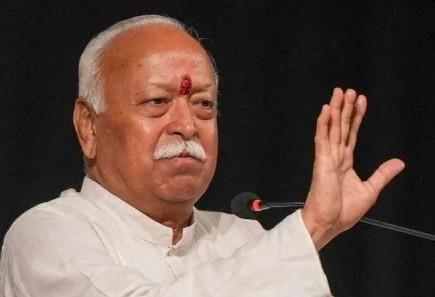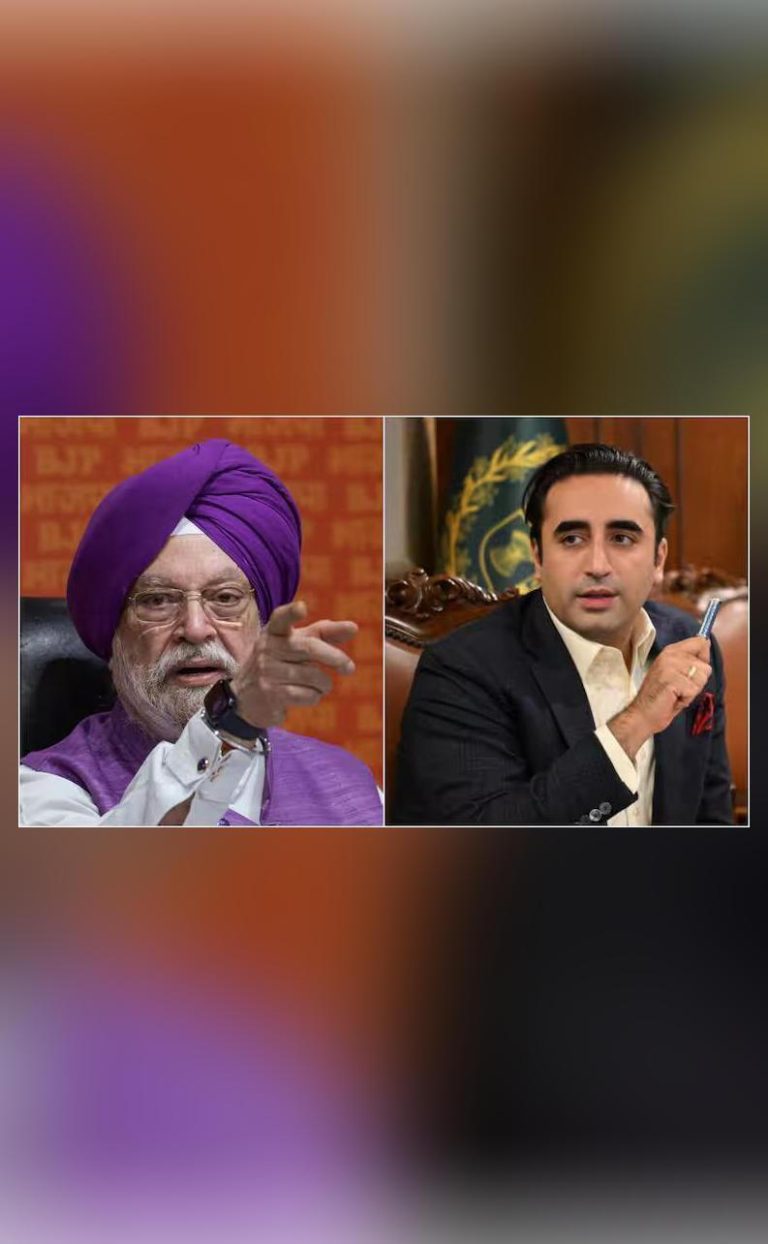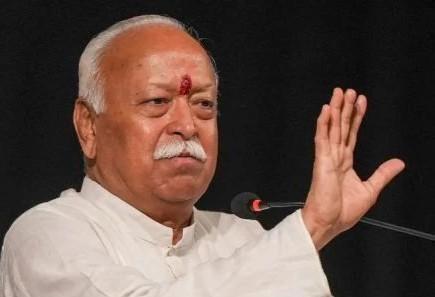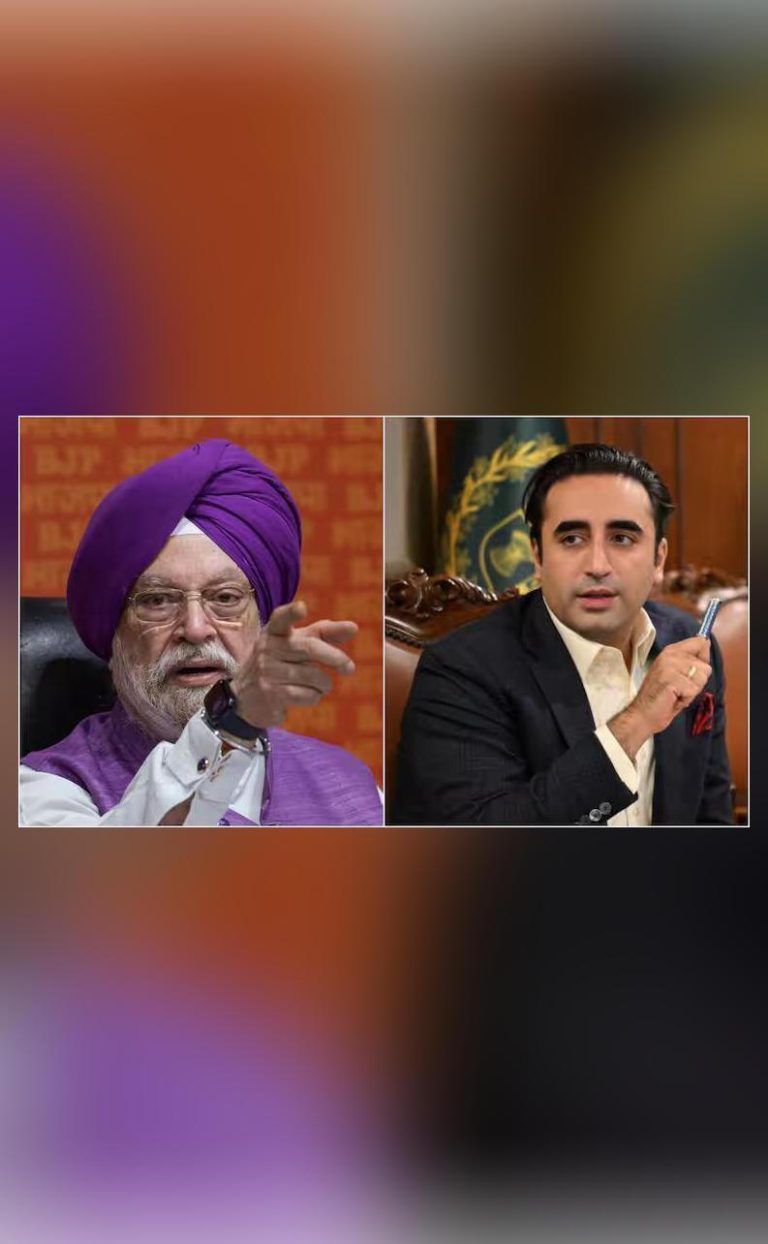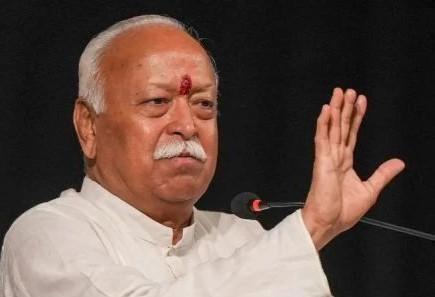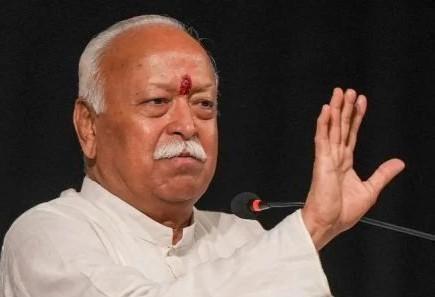
If someone turns to evil then we’ll teach lesson: Bhagwat on J&K attack
In the wake of the recent terror attack in Pahalgam, Jammu and Kashmir, RSS chief Mohan Bhagwat has made some striking comments that have sent shockwaves across the nation. In an interview, Bhagwat emphasized that non-violence is indeed India’s religion, but so is teaching a lesson to those who perpetrate evil.
The terror attack in Pahalgam, which killed several civilians and left many more injured, has sent a sense of unease across the Valley. The incident has also sparked a heated debate about the effectiveness of non-violent means in dealing with terrorism. Bhagwat’s comments, which were made in response to a question about the attack, have added fuel to the fire.
“We never harm or disrespect our neighbours, but if someone is bent on being evil, what is the cure?” Bhagwat asked. “The king’s duty is to protect the people, and he will do his duty.” These words are a stark reminder that, in the face of evil, there is a limit to the extent of non-violence.
The RSS chief’s comments have been interpreted by many as a veiled threat to those who engage in terrorist activities. Many have argued that his words are a clear indication of the RSS’s willingness to take a tougher stance against terrorism, a stance that has been criticized by many as being too harsh.
However, Bhagwat’s words must also be seen in the context of the RSS’s historical commitment to non-violence. The organization, which was founded by K.B. Hedgewar in 1925, has always emphasized the importance of non-violent means in achieving social change. The RSS’s founder, Hedgewar, was a strong believer in the power of non-violence and saw it as a key aspect of Indian culture.
Despite this, Bhagwat’s comments have sparked a heated debate about the effectiveness of non-violent means in dealing with terrorism. Many have argued that non-violence is not always an effective means of dealing with terrorism, particularly in situations where the perpetrators are willing to use violence to achieve their goals.
The RSS chief’s comments have also been seen as a response to the growing criticism of the Indian government’s handling of the Kashmir issue. The government has been accused of being too soft on Pakistan, which has been accused of sponsoring terrorism in the Valley. Bhagwat’s words are seen as a clear indication that the RSS is willing to take a tougher stance against Pakistan and its proxies in the Valley.
However, it is also important to note that Bhagwat’s comments are not a blanket condemnation of non-violence. The RSS chief has always emphasized the importance of non-violence and has seen it as a key aspect of Indian culture. His comments should be seen as a nuanced response to the complexities of the Kashmir issue, rather than a blanket rejection of non-violence.
In conclusion, Bhagwat’s comments are a reminder that, in the face of evil, there is a limit to the extent of non-violence. However, they must also be seen in the context of the RSS’s historical commitment to non-violence and its emphasis on the importance of protecting the people. The RSS chief’s words are a stark reminder that, in the face of terrorism, there are times when tough action is necessary to protect the people and defend the nation.
Source: https://youtu.be/SpAKVWl5wII
